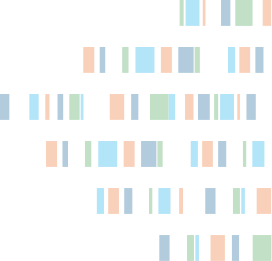Few studies have been conducted on the biogeography and phylogenetic relationships of Neotropical forest lizards (Diploglossidae) because of incomplete taxon sampling, conflicting datasets, and low statistical support at phylogenetic nodes. Here, we enhance a recent nine-gene dataset with a genomic dataset of 3,232 loci and 642,775 aligned base pairs. The resulting phylogeny includes 30 diploglossid species, 10 of the 11 genera, and the three subfamilies. It shows significant support for all supra-specific taxa in either maximum likelihood or Bayesian analyses or both. With this well-supported phylogeny, we further investigate the historical biogeography of the group and how diploglossids reached the Caribbean islands. Our analyses indicate that Antillean diploglossid lizards originated from at least two overwater dispersals from South America. Our tests for the strength of convergent evolution between morphologically similar taxa support the recognition of a soil and a tree ecomorph. In addition, we propose grass, ground, rock, and swamp ecomorphs for species in this family based on ecological and morphological data and analyses.

Home » Phylogenomic data resolve the historical biogeography and ecomorphs of Neotropical forest lizards (Squamata, Diploglossidae)
Publications
Phylogenomic data resolve the historical biogeography and ecomorphs of Neotropical forest lizards (Squamata, Diploglossidae)
myBaits
Daicel Arbor Biosciences
5840 Interface Dr. Suite 101,
Ann Arbor, MI 48103
1.734.998.0751Ann Arbor, MI 48103
©2026 Biodiscovery LLC
(d/b/a Daicel Arbor Biosciences)
All Rights Reserved.
(d/b/a Daicel Arbor Biosciences)
All Rights Reserved.

 Bluesky
Bluesky